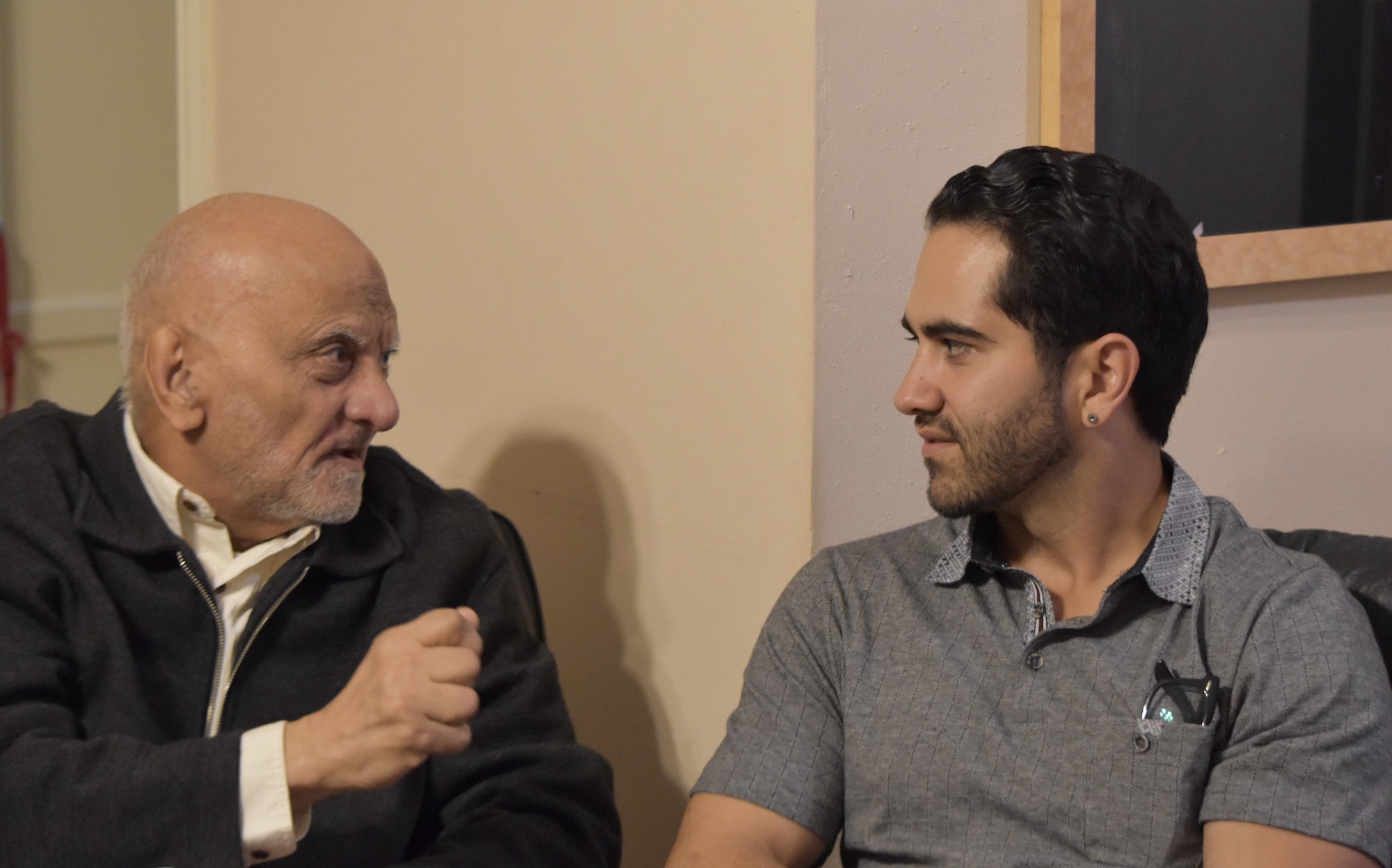We all have that one person in our lives – the unsolicited advice-giver. They seem to have an opinion on everything and are quick to offer advice, whether it’s requested or not. While their intentions may be well-meaning, the truth is that unsolicited advice often falls on deaf ears and can even be perceived as intrusive and irritating. In this article, we explore the value of thoughtful advice and the importance of refraining from offering unsolicited guidance. Let’s discover why being an expert doesn’t entitle us to assume others need our advice and why modesty and genuine support are the keys to meaningful interactions.
The Impact of Unsolicited Advice:
Unsolicited advice, despite good intentions, can come across as condescending or presumptuous. People often perceive it as someone thinking they know better or being overly confident in their expertise, even if they have no firsthand knowledge of the situation.
Presumption of Expertise:
Offering unsolicited advice can stem from a presumption of being an expert on a particular topic. However, assuming that our opinions hold more weight than others’ can alienate those seeking guidance and create a barrier to open communication.
The Value of Genuine Interest:
Thoughtful advice arises from genuine interest in the well-being of others. Rather than offering advice without context or invitation, it’s essential to take the time to understand someone’s needs and concerns before providing guidance.
The Power of Listening:
Listening is an underrated skill in the realm of advice-giving. Often, people seek advice not for a ready-made solution, but for someone to listen and validate their feelings. The ability to listen empathetically is far more valuable than bombarding someone with unsolicited advice.
Respecting Boundaries:
Respecting boundaries is crucial when offering advice. Unsolicited advice may unintentionally cross boundaries and make individuals feel uncomfortable or patronized.
The Art of Supportive Guidance:
When someone seeks our advice, it’s an opportunity to be supportive and encouraging, not to impose our opinions. Rather than assuming we know what’s best for them, we can offer guidance while leaving space for them to make their own decisions.
Cultivating Modesty:
Being humble and modest in our interactions shows that we value others’ autonomy and opinions. Letting go of the need to showcase our expertise allows for a more harmonious exchange of ideas.
The Importance of Timing:
Timing is everything in advice-giving. Waiting for someone to ask for advice ensures that they are receptive and ready to receive it.
Preserving Relationships:
Unsolicited advice can strain relationships and create a sense of discomfort. Thoughtful advice, on the other hand, strengthens connections and builds trust.
Conclusion:
Thoughtful advice is an art that stems from genuine interest, active listening, and respect for others’ autonomy. Unsolicited advice, while well-meaning, can devalue our interactions and lead to unintended consequences. Instead of assuming we know best, let’s cultivate modesty and offer support when asked. Thoughtful advice preserves relationships and fosters a sense of camaraderie, making our interactions meaningful and empowering. So, let’s take a step back and recognize that sometimes, the most valuable advice we can offer is simply being there to listen and support others on their journey.





Leave a Reply